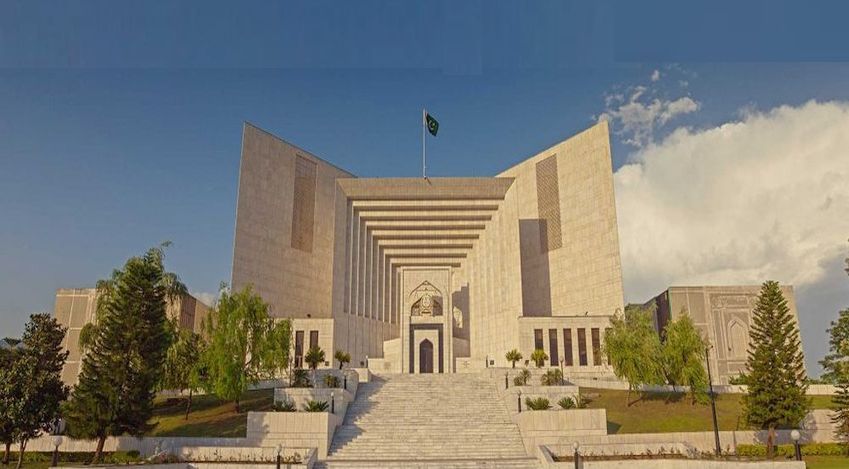Criminal Proceedings under the Illegal Dispossession Act 2005 can proceed independently of any Civil Litigation related to the same property --- Supreme Court of Pakistan
Islamabad 30-07-2024: The Supreme Court of Pakistan has dismissed petitions challenging the Sindh High Court's order regarding an illegal dispossession case. The Court affirmed the broad applicability of the Illegal Dispossession Act, 2005 (IDA, 2005) beyond Qabza Mafia and land grabbers. Legal heirs can be subjected to proceedings under IDA, 2005 if they unlawfully dispossess someone from the property.
In a significant ruling, the Supreme Court of Pakistan has dismissed the petitions filed by Niaz Ahmed and another, challenging the Sindh High Court's decision which upheld the order for the petitioners to restore possession of a disputed property to the respondent, Aijaz Ahmed.
The case revolves around a property dispute among family members. The property, initially owned by the deceased brother Iftikhar, was transferred to the respondent through a registered declaration. The petitioners, who are also family members, unlawfully entered the property and occupied its fourth floor, prompting the respondent to file a complaint under the Illegal Dispossession Act, 2005 (IDA, 2005).
The Additional Sessions Judge-III, Karachi East, directed the petitioners to restore possession to the respondent. The petitioners challenged this order through criminal revision applications, which were dismissed by the High Court. Consequently, the petitioners approached the Supreme Court.
The Supreme Court examined the scope and applicability of the IDA, 2005. The Court highlighted that the Act is designed to protect legitimate owners and occupants from unlawful dispossession, applying broadly beyond the Qabza Mafia and land grabbers.
The judgment also discussed the conditions for invoking Section 7 of the IDA, 2005, which provides for interim relief during the trial if the court is satisfied that the accused is not in lawful possession. The Court emphasized that the requirement is to form a prima facie opinion rather than a conclusive determination.
Regarding the petitioners' application for acquittal under Section 265-K Cr.P.C, the Court underscored that this section allows trial courts to acquit an accused at any stage if there is no probability of conviction. The Court found that the petitioners' arguments did not meet the criteria for early acquittal.
The Court clarified that criminal proceedings under the IDA, 2005 can proceed independently of any civil litigation related to the same property, referencing the precedent set in “Shaikh Muhammad Naseem v. Mst. Farida Gul” [2016 SCMR 1931].
In conclusion, the Supreme Court found the petitions devoid of merit and upheld the Sindh High Court's judgment. The trial court has been directed to decide the main case under Sections 3 and 4 of the IDA, 2005, on its own merits without being influenced by the observations made in this judgment.
This ruling reaffirms the legal principles surrounding the Illegal Dispossession Act, 2005, and the conditions under which interim relief and acquittal can be granted, ensuring that legitimate owners and occupiers are protected against unlawful dispossession.
Powered by Froala Editor








